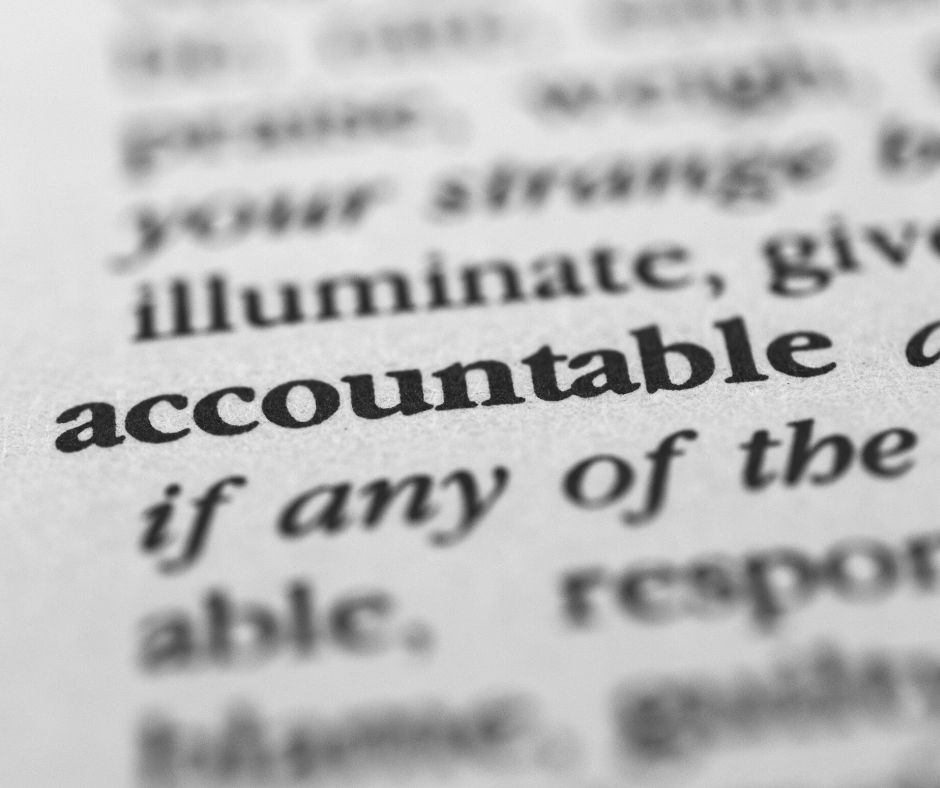You know that eating healthy is important, right?
If I asked whether exercise is key for health and wellness, you’d say yes. So we already know that nutrition plus fitness is the magic formula for living a vibrantly healthy life, why don’t we do it? Why does one take priority over the other? Why do we put one on the back burner and then only get serious about it when we’re hit with bad news? Such as getting winded by one flight of stairs or a high blood-pressure reading?
Lean on others to start
In my experience working with hundreds of individuals at CrossFit Jungle Gym, the key is accountability. We’re often willing to let ourselves down time after time, but when someone else is counting on us, we show up for them.
We will willingly disappoint ourselves but will go far out of our way not to disappoint others. We make excuses, over and over, “the kids snacks”, “I was busy”… then followed up with “I’ll start on Monday”. After enough excuses you start building a pattern where you begin to believe you’re incapable of success.
Relying on others to hold us accountable is OK. Learning to hold yourself accountable takes time. When we’re just getting started, we need the extra assistance. We need encouragement and support while we develop good habits. At CrossFit Jungle Gym, we have a framework of accountability to help those wanting to get started. We have a 5 month plan to build you’re self accountability up. We start with the First 60 days… you get 3 weeks of ONLY 1-on-1 coach and appointments. Then for the next 4 months we do weekly attendance checks and send you reminders and encouragement, we check in if you’re not in, we acknowledge you every time you walk through the door, we high-five, we follow up and we celebrate your small progresses weekly and congratulate you at ever major milestone!
Help yourself and help others
Everyone at our gym helps in this accountability, it is part of our core values. That friend who is normally in class with you notices when you haven’t been there and sends you a friendly text asking how you’re doing. We let you know you aren’t forgotten and we want you here.
Now here’s where the truth hurts a little bit: No matter how much work we do to keep you accountable, it ultimately comes down to you. You have to consciously choose every day to make progress toward your goals. We are going to help, we’ll encourage you, we’ll teach you how, we’ll tell you why and make it relevant to you, but if you haven’t decided to do it for yourself, it won’t matter.
So how do we stop letting ourselves down and create a safety net for reaching our goals?
Here are 10 tips for holding yourself accountable to your goals:
- Actively engage with the other members. We want to help you! It is our business! If you don’t engage, you are missing out on a big piece of the magic. We cultivate the community aspect of our gym because it is absolutely necessary, join in!
- Set reminders on your phone. Schedule your workouts like appointments you can’t miss. Set the alarm for meal prep.
- Tell a coach when you’re planning to come to class. By putting your intentions out there, you have created an expectation that you will want to follow through on.
- Print off a calendar, hang it the first place you go in the morning. Cross off the days you hit the gym or stayed true to your nutrition plan so you can visually see all the marks of your success. See and watch the momentum build!
- Share your story. Do it on social media, in person with others who are watching. Putting it out there for the public eye, makes it real! Even if no one on social media follows up with you, they could. No one likes to break promises, make a promise to your feed and keep it.
- Take progress pics. Take progress measurements. To see our progress, we have to remember where we started. We get used to how we currently look quickly, the changes are subtle day over day and week over week. But we’ll never see progress if we don’t track.
- Set quarterly goal-setting meetings with an accountability buddy. If you are a member at CrossFit Jungle Gym, you get quarterly goal setting sessions with a coach. If you aren’t a member here, find a friend who needs accountability, too, and make quarterly dates to review your progress and set goals for the future.
- Constantly remind yourself of your “why”. Goals are great, but the reason why you want the goal is what makes it relevant. Is the pain of being called “squishy” by your child, painful enough to motivate you to wake up everyday at 5am? Is walking your daughter down the aisle 20 years from now? Once you have a solid “why,” put a reminder of it somewhere you can’t miss it EVERYDAY, internalize it and keep it close to your heart.
- Don’t make it all or nothing. There are ups and downs, but your lifetime goal of health and happiness hinges on doing a little bit better most days. A bad day, week or month doesn’t kill your health. A little bit better at every meal will go a LONG way.
- Reward yourself for reaching micro-goals. Everyone likes a prize, right? Set micro-goals along the path to your BIG goals and reward yourself for hitting those milestones along the way.
There are many other ways to keep yourself accountable, so find what works for you. Something that worked once might not work forever—switch things up often to stay excited and motivated about your success.
If you need help getting started on your health and wellness path, feel free to contact us! We would love to set up a No-Sweat Intro with you where we talk about you, your current lifestyle and your goals, and help you make a plan of action. Book one here!
Inspiration provided by Sarah Neal at CrossFit816.com.
https://www.crossfit816.com/post/keeping-yourself-accountable


